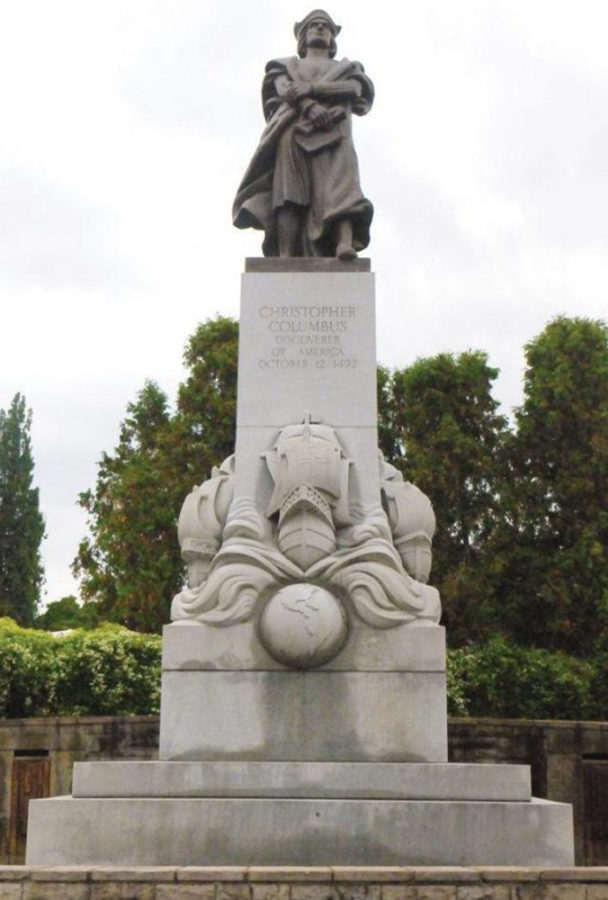Pitt students undoubtedly enjoyed yesterday’s day off — officially the University’s designated fall break. Unofficially, however, the day’s status as Columbus Day has long created more controversy than calm.
Columbus Day — named after the Italian-born, Spanish-financed explorer from the 15th century known as one of the first Europeans to reach the Americas — has been a federal holiday in the United States since 1971. Before this designation, the holiday was long-popular among marginalized Italian immigrants in the country as an expression of ethnic pride.
But despite its lengthy history and popularity among some, the holiday has increasingly come under fire from some groups, including many Native American groups, who consider it offensive. And while it’s unclear how best to resolve disagreements over Columbus Day, it’s important to recognize Christopher Columbus’ entire legacy — not just the good parts — and what that legacy means in today’s cultural context.
Los Angeles and Austin, Texas, became two of the largest cities in the country to announce this year they would stop celebrating Columbus, renaming the day “Indigenous Peoples Day.”
“This motion, let me be clear, is not about erasing history,” said Los Angeles County Supervisor, Hilda Solis, at a public meeting discussing the change. “This is about understanding that for centuries, America’s ancestors oppressed certain groups of people.”
The controversy isn’t just outside Pittsburgh, however. In Schenley Park, vandals targeted a statue of the explorer last weekend. And the annual Columbus Day Parade in Bloomfield — a neigborhood that’s central to Italian culture in the city — is considering renaming itself and moving weekends, angering some.
“Our history keeps going out the window,” Bloomfield resident Deborah Biacno told CBS Pittsburgh. “Everybody keeps getting rid of parts of our history. We need to be known.”
Still a charged figure in our society even hundreds of years after his death, Columbus undoubtedly treated the American Indians he met with extraordinary cruelty. And it’s important that our country’s education system acknowledges the complexity of the explorer’s legacy — something it doesn’t do with overly simplistic lessons about Columbus sailing the ocean blue.
But much of the resistance to changing Columbus Day comes from individuals with a personal connection to the holiday. For some Italian-Americans in particular, the day still holds ethnic significance.
“Columbus Day is a day that we’ve chosen to celebrate who we are,” Basil Russo, president of the Order of Italian Sons and Daughters of America, told the Los Angeles Times. “And we’re entitled to do that just as they are entitled to celebrate who they are.”
Opponents to the continued celebration of Columbus Day have a very strong case to make — as it currently stands, public discourse and education about Columbus in the United States is closer to mythology than actual history. But it’s unlikely they’ll make much progress unless they recognize the connections with the holiday many Americans still have.
Columbus shouldn’t be treated as a cartoon hero or a cartoon villain. If the issue will ever be resolved, we need realistic education and contextualization of his place in American history.


